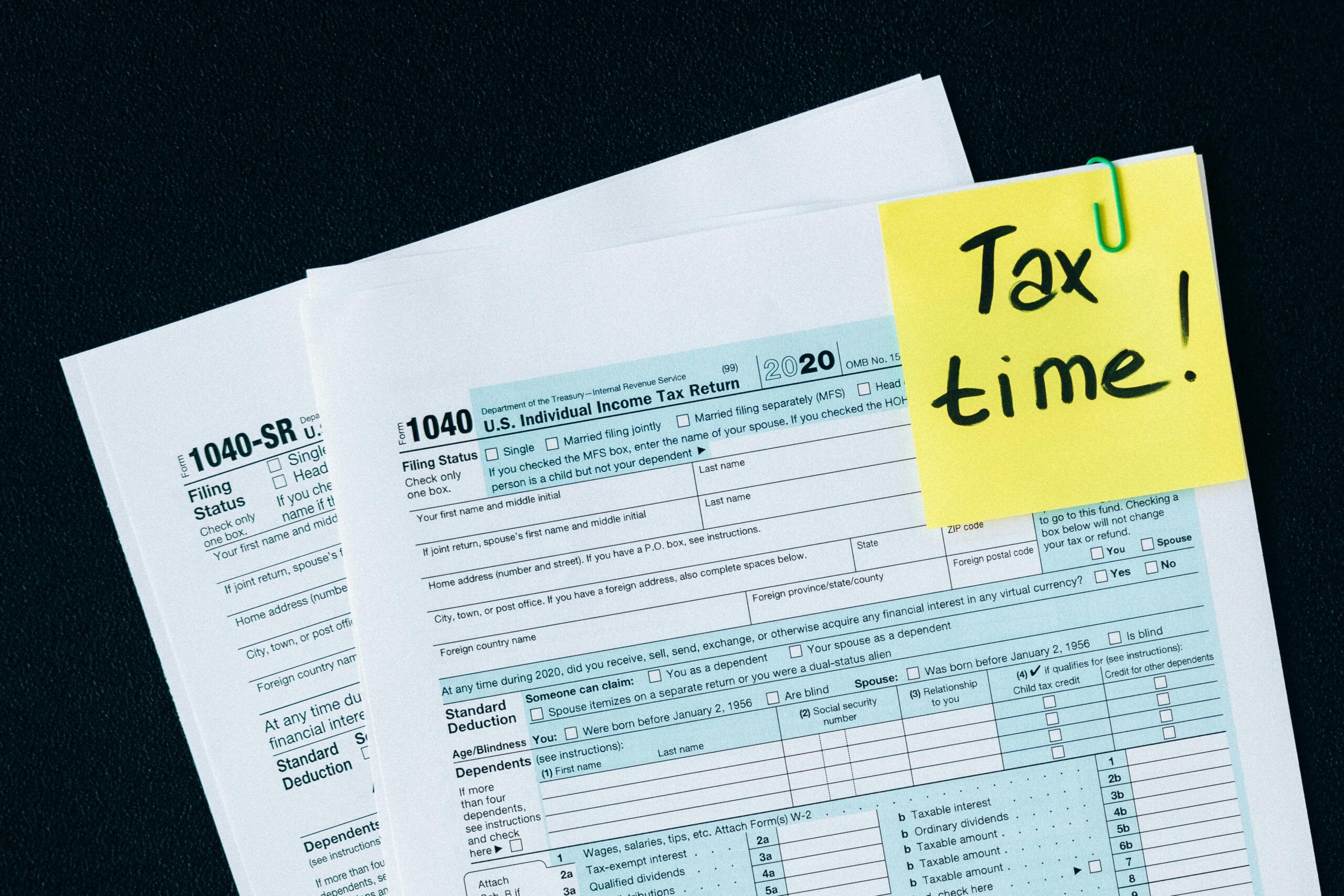Should You Pay Off Your Mortgage When You Retire?
Click here to browse our Real Estate Agent Directory and contact top-rated agents in your area!

Deciding whether to pay off your mortgage when you retire is a complex decision. It involves evaluating financial considerations, tax implications, liquidity, and personal peace of mind. It’s essential to consider these factors and make an informed choice.
This guide will help you understand the key points when making such a personal financial decision:
- Key financial factors influencing the decision to pay off a mortgage in retirement
- How paying off your mortgage impacts your tax situation
- Alternatives to fully paying off your mortgage and maintaining cash flow flexibility
There is no right or wrong answer regarding paying off a mortgage. It is not a one-size-fits-all topic. It’s a personal choice. A few years ago, I went through this thought process and decided the pros of paying off a mortgage outweighed the cons. You may come to a different conclusion. For me, it was all about the peace of mind of being mortgage-free.
Let’s explore these considerations in detail.
Financial Considerations: Interest Rates and Investment Returns
Interest rates on your mortgage and potential investment returns should be crucial in your decision.
Low Mortgage Rates vs. High Investment Returns
If your mortgage interest rate is low, investing your money might make more financial sense than paying off the mortgage.
- Example: Suppose your mortgage interest rate is 3%, and you have investment opportunities that offer a 7% return. In this scenario, your investments will grow faster than your mortgage interest accrues. Over time, this difference can significantly increase your overall wealth.
- Consideration: Evaluate your risk tolerance. Investments with higher returns often come with higher risks. I recommend ensuring you are comfortable with potential market fluctuations.
High Mortgage Rates
If your mortgage rate is high, paying off the mortgage might be more beneficial if your investments are underperforming.
- Example: With a mortgage interest rate of 7% and investment returns averaging 4%, you would save more money by paying off your mortgage, reducing the interest paid over time. This is a significant reason why getting the best mortgage rate is vital to home buyers.
- Consideration: Compare the certainty of saving on mortgage interest versus the uncertainty of investment returns. Paying off the mortgage when you retire provides a guaranteed return equivalent to your mortgage interest rate.
Tax Implications: Mortgage Interest Deduction
Paying off your mortgage impacts your tax situation, particularly concerning the mortgage interest deduction.
Mortgage Interest Deduction
This deduction allows you to subtract the interest you pay on your mortgage from your taxable income, potentially lowering your tax bill. It is one of the financial incentives for buying a home vs renting.
- Impact: If you pay off your mortgage, you lose this deduction, which could result in a higher taxable income and, consequently, higher taxes.
- Example: If you pay $10,000 annually in mortgage interest and are in the 24% tax bracket, the deduction reduces your taxable income by $10,000, saving you $2,400 in taxes.
Standard Deduction
The standard deduction is a fixed amount from your taxable income, regardless of your actual expenses.
- Consideration: If you already take the standard deduction, losing the mortgage interest deduction might have less impact. The standard deduction might cover or exceed your itemized deductions, including mortgage interest.
- Example: In 2024, the standard deduction for married couples filing jointly is $29,200. If your itemized deductions, including mortgage interest, don’t exceed this amount, you might not benefit significantly from the mortgage interest deduction.
Liquidity and Cash Flow
Maintaining liquidity and ensuring steady cash flow are essential in retirement.
Liquidity
Liquidity refers to how easily you can access your money. Keeping your mortgage allows you to maintain liquid assets, which can be crucial in emergencies or for seizing investment opportunities.
- Example: Instead of using $200,000 to pay off your mortgage, you invest it in a diversified portfolio. This money remains accessible for unexpected medical expenses, home repairs, or other emergencies.
- Consideration: Assess your financial picture, including emergency funds and other liquid assets. I would suggest you have enough liquidity to cover unforeseen expenses without selling long-term investments at a loss.
Cash Flow
Paying off your mortgage reduces your monthly expenses, potentially easing your retirement budget and improving cash flow.
- Example: If your monthly mortgage payment is $1,500, eliminating this expense can free up significant monthly cash. This extra cash can be used for living expenses, travel, or hobbies.
- Consideration: Calculate your monthly cash flow needs and determine how paying off your mortgage would impact your overall budget. Ensure you have enough income to cover your expenses comfortably.

Peace of Mind and Flexibility
Financial security and flexibility are vital for a comfortable retirement.
Peace of Mind
Owning your home outright can provide psychological comfort and financial security.
- Example: Without a mortgage, you have one less financial obligation to worry about, which can reduce stress and increase your sense of stability.
- Consideration: Consider the emotional benefits of owning your home free and clear. This peace of mind can be invaluable, especially during retirement when fixed incomes and financial predictability are crucial.
Flexibility
With no mortgage, you can spend more on travel, hobbies, or unexpected expenses.
- Example: Without a mortgage payment, you might have more freedom to travel, pursue hobbies, or make home improvements without worrying about monthly debt obligations.
- Consider your retirement goals and how eliminating your mortgage could help you achieve them. Greater financial flexibility can enhance your quality of life during retirement.
Alternatives to Paying Off Your Mortgage When You Retire
Consider alternatives to paying off your mortgage altogether.
Additional Principal Payments
Making extra payments toward your mortgage principal can reduce the overall interest paid and shorten the loan term without depleting savings.
- Example: If you pay an extra $500 monthly on a 30-year mortgage, you could pay off the loan several years earlier and save thousands in interest. This is similar to what I did. I am happy with my decision.
- Consideration: Ensure you can afford these extra payments without compromising liquidity or other financial goals. Check if your mortgage has prepayment penalties. Most don’t, but I always recommend checking.
Downsizing
Selling your home and purchasing a smaller, less expensive one can eliminate your mortgage and free up cash.
- Example: Selling a large family home for $500,000 and buying a smaller home for $300,000 allows you to pay cash and have $200,000 left over for investments or other expenses.
- Consideration: Weigh the emotional and practical aspects of downsizing. Consider moving costs and whether a smaller home meets your lifestyle needs.
Alex Capozzolo of SD House Guys mentions that it is essential to consider one’s long-term needs when deciding on housing options. Sometimes, people don’t think through their decisions well enough and end up with a property they’re dissatisfied about. Poor choices can lead to spending more money to fix the problem. I recommend my clients put together a list of the pros and cons of each option before making a final decision.
Conclusion
Your decision to pay off your mortgage when you retire should balance financial, tax, and personal comfort factors. For further reading, consider exploring strategies to maximize retirement income and investment opportunities. Make a well-rounded decision supporting your financial health and well-being in retirement.





